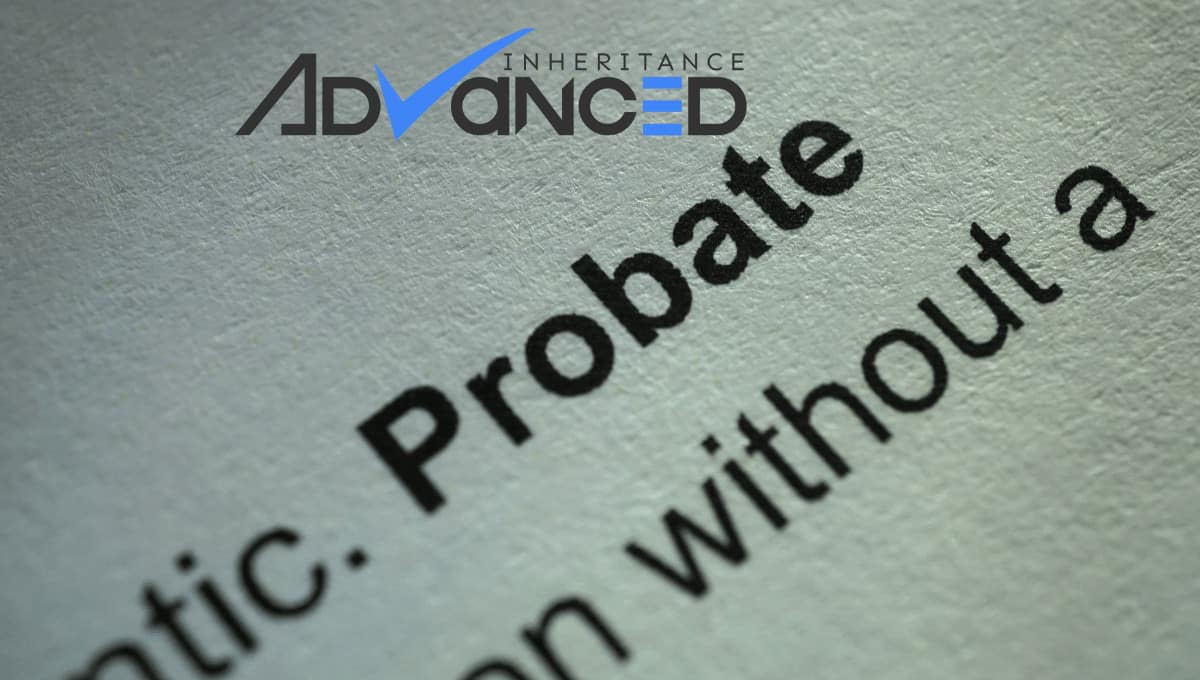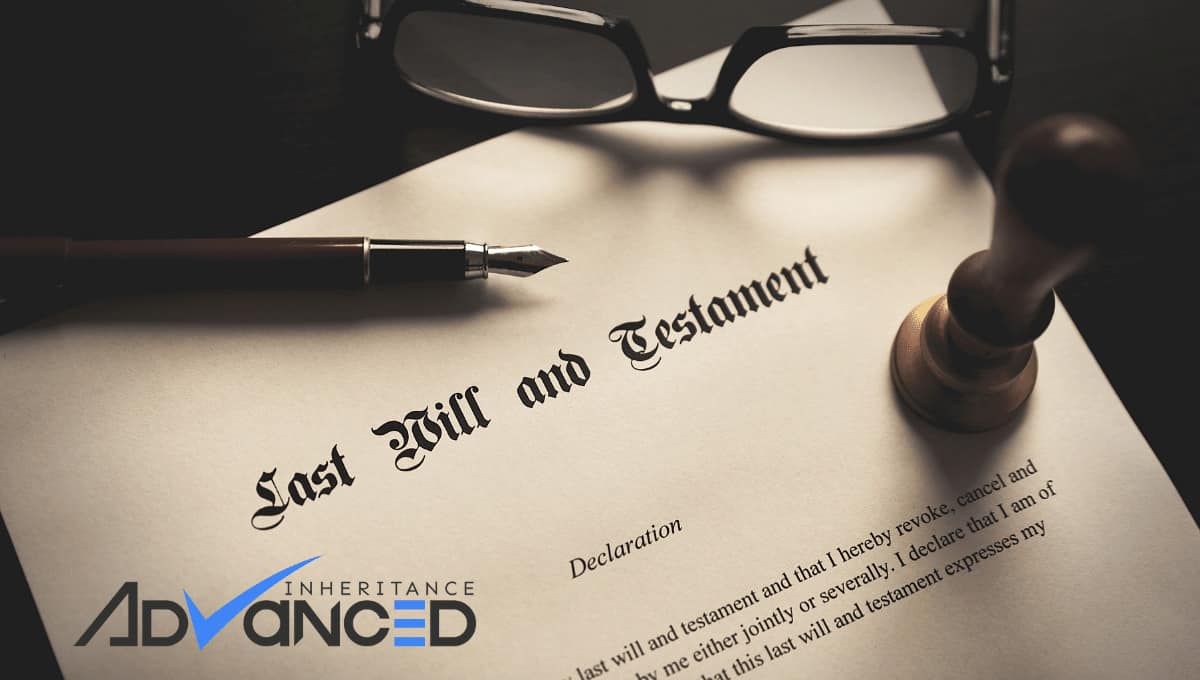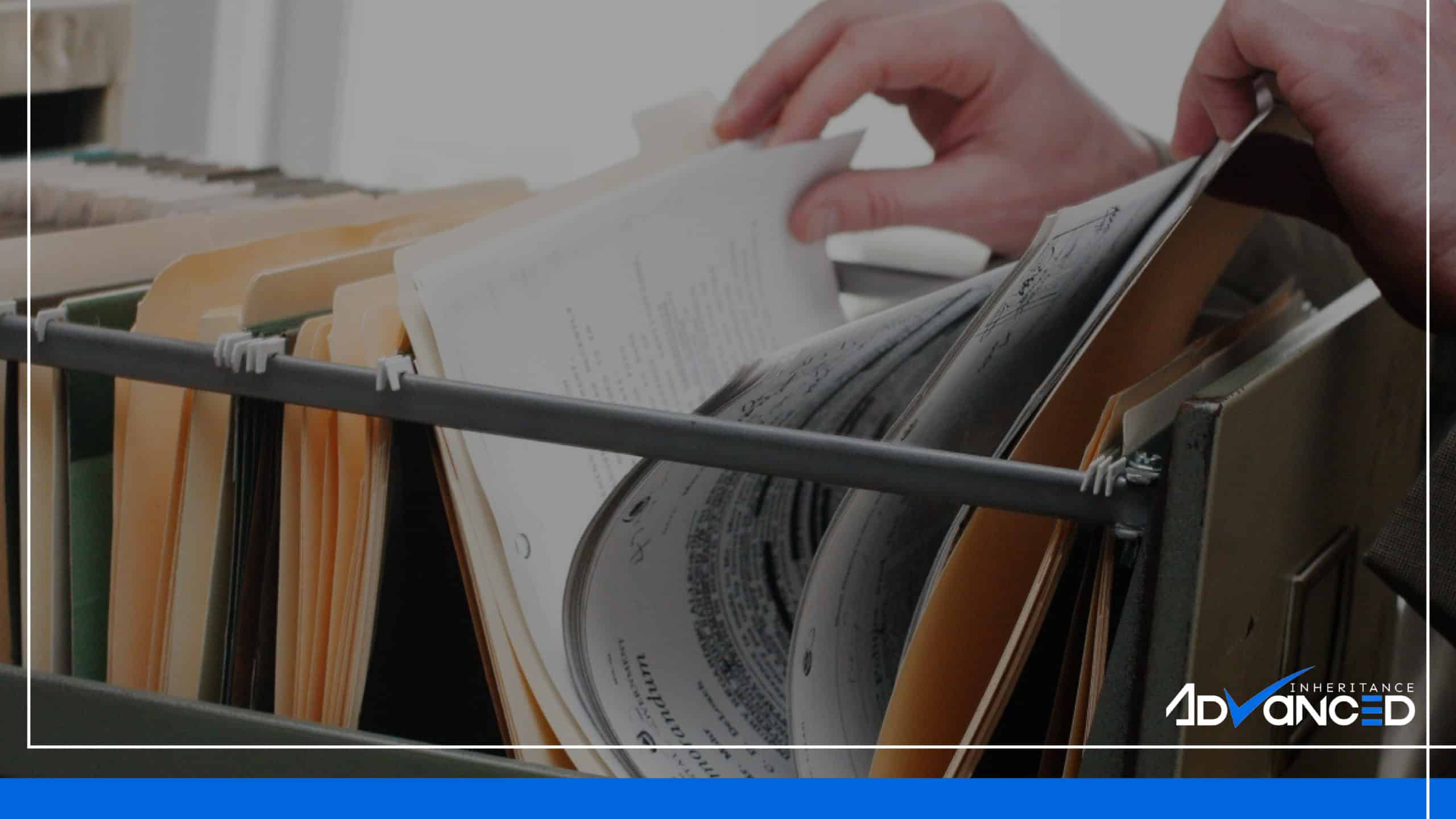Your last will is the most important document in your estate plan. It is also the most effective way to communicate your wishes regarding your assets. If you don’t have one, a judge and the state’s laws will decide how your property will be shared and who will look after your minor children, not you.
You have the option of completing a do-it-yourself will, but you should also consider getting legal representation to ensure that it is valid. Wills cannot be changed once a person has passed away. They must be valid while someone is still alive. In this article we cover the basics of what needs to be done in order to have a valid will.
Choose Your Format
Regardless of the type of will you pick, you must adhere to a certain structure. As a first step, the document must have the name of your will. The term “Last Will and Testament” is a typical and appropriate one for this document. It’s important to include your entire legal name in the will and any personal information that may be used to identify you (such as your birth date and address). You should also include a date and explain that this will supersede any previous testaments.
Holographic Will
A holographic will is a handwritten will signed by the testator and is an alternative to a will drafted by an attorney. Several governments do not acknowledge the validity of holographic wills. For a holographic will to be legitimate in a state that does allow them, the document must comply with some standards. Proof that the testator wrote the will, proof that the testator had the mental capacity to create the will, and the will must express the testator’s intention to transfer personal property to beneficiaries are the minimum criteria for probate in most states.
Online Will Prep
Will generators available online allow you to design, print, and sign your final will. Most online will makers take the user through a series of questions before prompting them to fill in the necessary fields.
If you already have a will, you should consider revising or updating it whenever you go through a significant life event such as getting divorced, getting married, starting a new business entity, having a child, or making a substantial purchase (such as a new home) so that you can make adjustments to it or write a completely new will from the ground up. The best online will builders allow you to make major life changes to your will for a set amount of time.
Add Language To Make Your Will Valid
It doesn’t matter how the will is drafted; it needs to fulfill specific requirements for it to be accepted by the law. You have to do the following for the law to acknowledge your will:
- State that it’s your last will and testament.
- Your full legal name
- State that you are of sound mind and are not under pressure to create/sign the document.
With these statements, you have made it quite obvious that you wish for this document to serve as your testament before you pass away. This clarity can help minimize confusion and deter others from disputing your will in the probate court.
Choose A Guardian For Minor Children
If you have children who have not yet reached the age of 18, including them in your will may be one of the most significant things you do. Someone who has the legal power and obligation to care for your children if something happens to you is referred to as a legal guardian.
You have the option of naming a dependable individual in your will as the guardian of your children if you should die. You should choose a primary guardian for your child, but you should also choose a backup if that person cannot carry out their responsibilities.
List Your Assets
To pass down property to one’s heirs, one must first know what assets one has. Make a list of all your substantial assets, including real estate and land, jewels, artwork, automobiles, and bank accounts that don’t specify a beneficiary.
Physical Assets
Suppose you own real estate with another person. In that case, you may not need to select a beneficiary since, upon your death, your portion of the property will immediately transfer to the other joint owner or your spouse if there are survivorship rights (check the laws of your state to be certain). If there are survivorship rights, your part of the property will automatically pass to the other joint owner or your spouse. This can be a good reason to put your physical assets into a will or trust.
Financial Assets
Include all your financial assets, such as insurance, personal loans, etc. Life insurance and retirement accounts do not need a beneficiary to be specified in your will. Therefore there is no need to include that information in your will. In addition, if you have a bank account or investment account that has a transfer-on-death (TOD) or payable-on-death (POD) provision, you can identify the beneficiaries of such accounts directly inside the accounts themselves.
Choose Benefactors for Each Asset
After compiling a list of your assets, the next step is to choose the individuals or organizations who will be the beneficiaries of each asset. The term “beneficiaries” refers to these inheritors. Again, this should be done precisely; use the whole name of each of your beneficiaries in their legal capacity. If you wish to leave assets to a charitable organization, it is good to include their EIN so that they may be identified more quickly. If you precede your main beneficiary in death, you should also consider naming secondary beneficiaries for all of your assets.
Choose a Residuary Benefactor
The “residuary beneficiary” will be the recipient of whatever is, if anything, leftover in your estate after the executor has completed distributing the assets and paying the bills, obligations, personal debt, credit card debt, state taxes, and estate tax. This individual or charity does not need to be someone new; they may be a beneficiary who has previously received a piece of property. This person can also be a charity.
Choose Who Will Take Responsibility For Your Pets
Even though our pets often make us feel as if they are family members, the law considers them to be property. This implies that you cannot leave assets to them or list them as a beneficiary in any of your financial documents. However, you can choose a pet guardian who will take care of your animal companion in the event of your passing. This is sometimes referred to as designating a beneficiary for your pets. You may also set money aside from your estate to pay for their care if it becomes necessary.
Choose The Executor Of Your Estate
Each state’s requirements are different for executors of an estate. Still, in general, the following individuals are not allowed to be nominated for the function of the executor in a will:
- children who are less than 18 years old.
- Convicted criminals
It is a requirement in several states that executors who live in another state also be principal beneficiaries.
Sign Your Will
Even though the regulations in each state are different, you should probably sign your will and have it notarized. It’s also possible that you’ll need to sign your will in the presence of multiple witnesses, all of whom will need to sign the document after you do.
Disinterested Witnesses
Make sure that you have thought about utilizing another witness to witness you signing the will, and this should be someone who is not getting anything from that will. This person should also not be someone who knows you. It is just not a good idea to consult with someone who has a stake in the outcome of your will.
Stay On Top Of Changes In State Laws
Creating a will and other estate planning documents is one of the most important tasks to take. Be sure to give serious consideration to whether or not drafting it is something you can do on your own or whether or not it would be beneficial to seek the assistance of an attorney. You may give your loved ones peace of mind knowing they will be taken care of after you pass if you make an educated decision.
Probate Laws By State
How We Can Help You
We understand that the will and probate processes come with plenty of headaches. We can help you get your inheritance faster. Contact us today to learn more.
Sources: list your sources
https://financebuzz.com/how-to-write-a-will-without-a-lawyer












